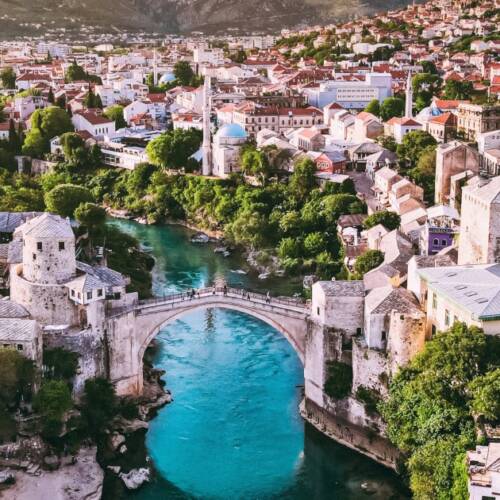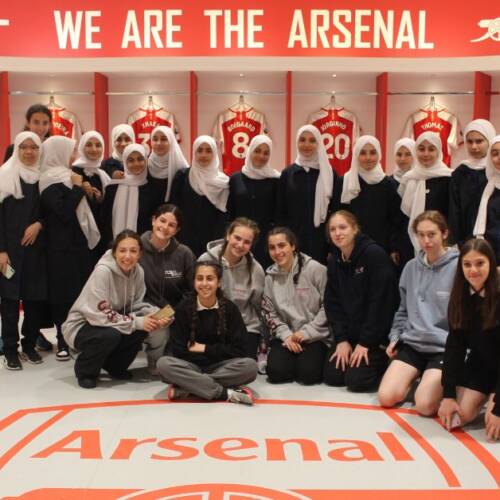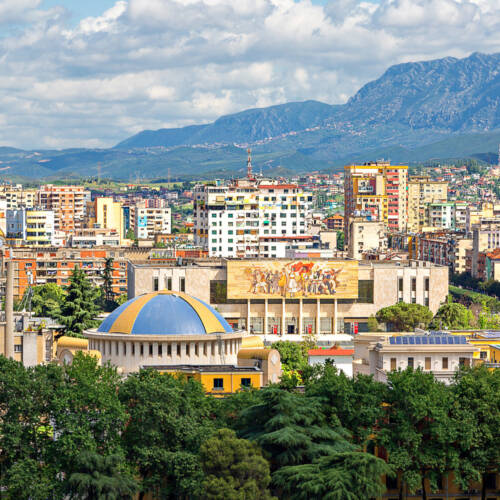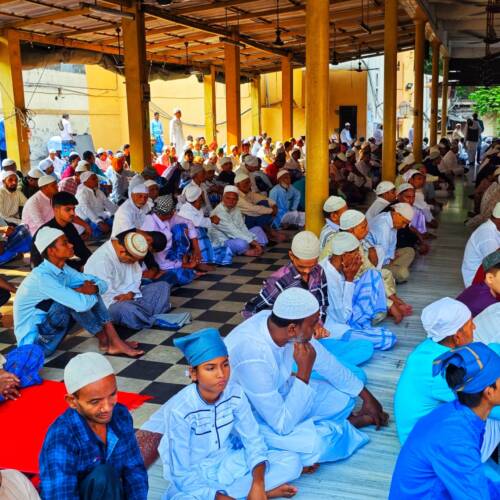
The Secret Refuge: How Muslims Protected Jews in WWII
25 May 2023How the Mosque’s Brave Act of Solidarity Saved Lives during World War II
In the annals of history, there are rare instances when humanity’s light shines brightest amidst the darkest of times. One such inspiring story emerges from the crucible of World War II, a tale of courage and compassion that unfolded within the walls of the Grand Mosque of Paris. Within this sacred space, a network of brave individuals clandestinely provided Muslim identity documents to Jewish men, women, and children, allowing them to escape the clutches of Nazi persecution. This extraordinary act of solidarity from the Muslim community saved countless lives, reminding us of the power of unity and compassion in the face of unspeakable evil.
At the helm of this remarkable endeavour was Si Kaddour Benghabrit, the rector of the Grand Mosque of Paris during World War II. Benghabrit, a courageous and principled man, recognized the plight of French Jews and felt compelled to act. Collaborating with a dedicated group of mosque officials and sympathetic individuals, he devised a plan to protect those facing imminent danger.
Under the Nazi occupation, the Jewish population in France faced the constant threat of deportation to concentration camps. It was against this backdrop of fear and persecution that the Grand Mosque of Paris became a sanctuary of hope. The mosque’s officials began issuing false Muslim identity papers, known as “certificates of Muslim identity,” to Jewish individuals seeking refuge. These documents stated that the holders were of Algerian or other North African Muslim descent, effectively providing them with a shield of protection against the Nazi authorities.
The effort to save lives through the mosque’s network was meticulous and well-organized. Jewish individuals in eed of rescue were directed to the mosque’s underground chambers and hidden rooms, where they found safety, shelter, and solidarity. The mosque became a vital hub for information, providing critical intelligence on impending raids and arrests, allowing those in hiding to evade capture. It was an extraordinary display of bravery, where the boundaries of faith and identity blurred to preserve lives.
The Grand Mosque’s heroic actions did not go unnoticed by the wider community. Numerous righteous individuals, including Muslim leaders, intellectuals, and ordinary citizens, risked their own safety to support the mosque’s mission. These unsung heroes worked tirelessly, leveraging their connections and resources to help procure the necessary documents and spread the word about the mosque’s role as a sanctuary.
While the exact number of lives saved by the Grand Mosque’s efforts remains difficult to ascertain, historians estimate that several hundred Jews were able to evade the Nazi dragnet thanks to the mosque’s assistance. The story of the mosque’s bravery is a testament to the resilience and unity that can emerge in the face of adversity.
After the war, Si Kaddour Benghabrit and his associates received recognition for their heroic deeds. In 1946, Benghabrit was awarded the Legion of Honor, France’s highest civilian decoration, for his role in aiding persecuted Jews. The Grand Mosque of Paris stands as a symbol of courage and compassion, a reminder of the power of interfaith solidarity in the face of hatred and prejudice.
As we reflect on this extraordinary chapter of history, it serves as a reminder that even in the darkest moments, human decency can triumph. The Grand Mosque of Paris and its network of courageous individuals demonstrated the best of humanity, transcending religious and cultural boundaries to extend a lifeline to those in need. Their unwavering commitment to justice and compassion continues to inspire generations, reminding us that even in the face of unspeakable atrocities, the bonds of solidarity can prevail.
In these challenging times, let us draw strength from the story of the Grand Mosque of Paris and strive to emulate its spirit of compassion and unity. May it serve as a powerful reminder that, no matter our differences, we are capable of extraordinary acts of kindness, and together we can create a world where such acts are no longer necessary.
Sources:
A Hidden History: The Grand Mosque of Paris during the Second World War by Michel Renard
Islam and the Holocaust: The Grand Mosque of Paris and the Rescue of Jews in World War II by Muhammad Alexander Russell Webb












